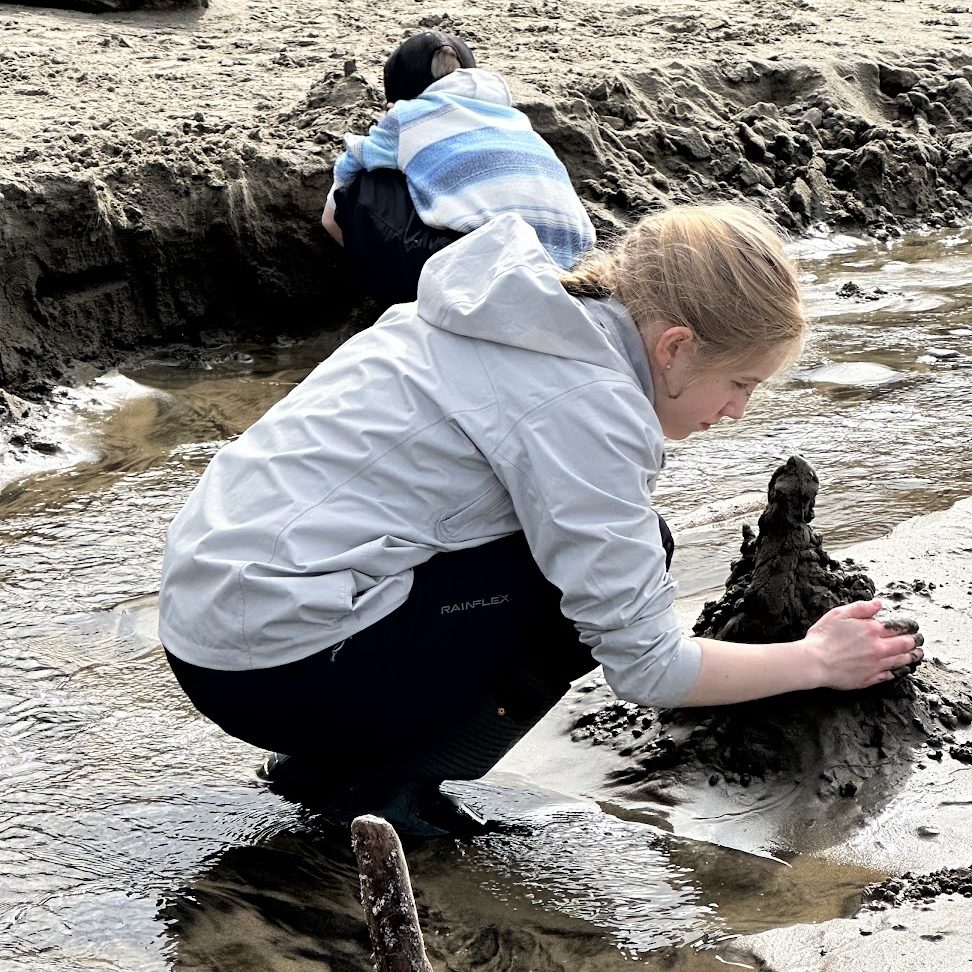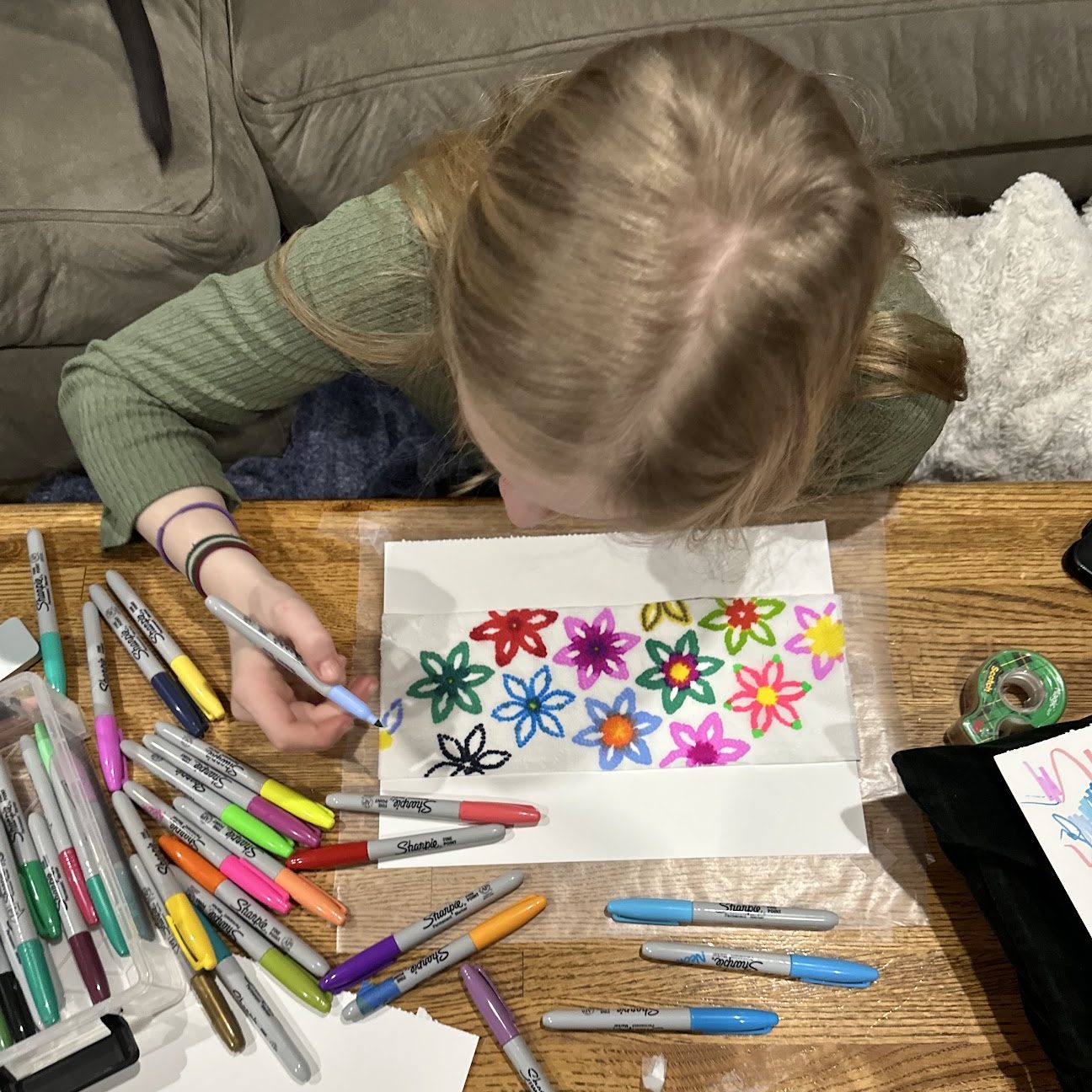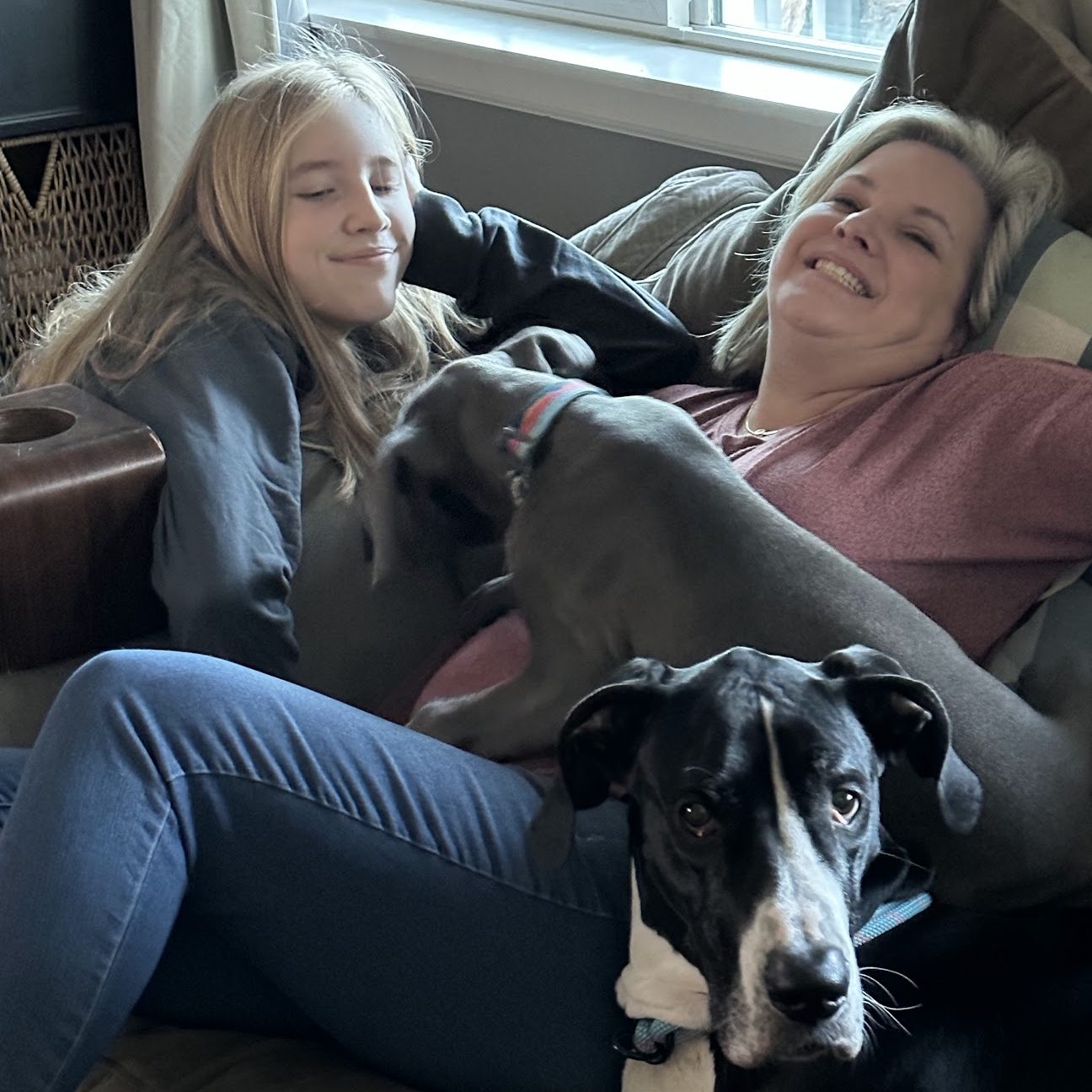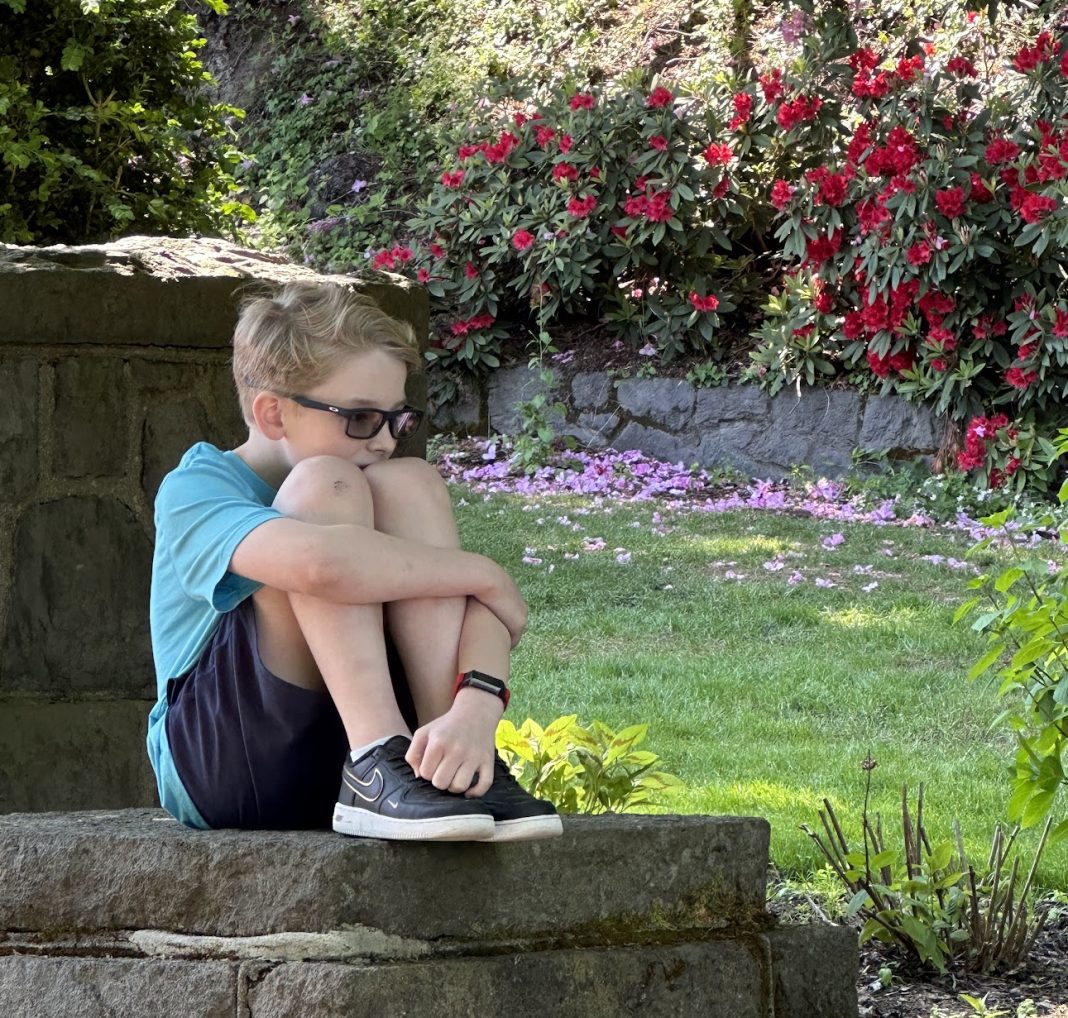Suddenly it’s September. You and your children may be challenged getting back into the routines of school. “Summer was very fast,” says Cary Hamilton, owner of Olympia Therapy. The previous school year ended deep into June. Days of extreme heat and smoke coupled with inflationary prices caused typical summer fun to be missed. “When you don’t have so many activities to remember, time seems short,” adds Cary. Instead of the usual excitement anticipating the new school year, many parents and students are experiences stress and anxiety. The whole family can be struggling with a mindset of “It’s too soon. I don’t want to. I’m tired.”
Consequently, parents may notice push-back. Children are defiant. “I don’t want to go to bed. I don’t want to get up. I’m tired.” Ready or not, school is underway. How can we better cope?

Back to School, Back to the Basics
“We focus on routine,” says Cary about her own family, adding, “We can get our bodies back into rhythm, even when our brains are lagging behind.” Here are three suggestions from Olympia Therapy.
Sleep Hygiene. Establish a lights-out time for bed. Power off devices. An opened window can provide fresh night air. A cool, dark room is optimal for sleeping. Most adults and children are not getting enough sleep. Set a consistent wake-up time.
Eating Schedule. Summer can be a mishmash of eating. Allow time in your mornings for breakfast. Fruit, eggs, oatmeal, and low-sugar cereal require little prep time. Plan a family dinner time. Meals need not be long or complicated. It’s a time to reconnect and nourish bodies.
Move your Body. Getting outside to walk/exercise is important for everyone. Most of us spend plenty of time sitting in a classroom or in front of a screen. Your body and brain need regular movement to release stress.

Parents have Power and Adult Brains
These basic strategies are helpful, but they won’t solve all the angst. “Everyone is struggling,” shares Cary. “It’s hard for parents not to cajole.” Here are a few ideas for dealing with difficult behaviors.
Validating Rather Than Minimizing. “Kids vocalize,” notes Cary. When they are cranky, they’ll let you know. They really are tired and have anxiety about school or life. “We tend of discount the value that what they are saying is true.” Cary suggests that you validate your child’s truth rather than diminish it. Let’s say your child expresses concern about class loads or other worries. Instead of saying, “It will be okay,” you can say, “That sounds hard. No wonder you are anxious.”
Parents feel like they need to do or fix something. “That’s not true,” coaches Cary adding, “We don’t have to problem-solve everything.” Naturally, parents feel protective and want to save children from the uncomfortable circumstances of normal living. Nevertheless, they are part of life and learning to cope is a practiced skill – for everyone.

Dealing with Emotions is a Challenge. The belief is that if I make everything okay, life will be okay. It’s hard to experience our sadness, fears, and frustrations. Our tolerance for these is low. When we see these feelings in our children, it can be a mirror to our own feelings and that is challenging. Ignoring feelings does not make them disappear. Quickly brushing them off is a root of our mental health challenges.
Kids, like ourselves, want to see seen and heard. That means as a parent you take the time and effort to listen to what is being said. Unacknowledged feelings don’t go away, they keep simmering.
Utilize The Both/And Equation. Your child says, “I don’t want a curfew.” You don’t have to bargain with your child. You can acknowledge their anger and set the boundary. “I know you want to stay out late. Your curfew is still midnight.” The end. “When you set a limit, don’t expect a thank you,” reminds Cary.
Your youngster yells, “I hate you.” You reply, “It’s okay that you hate me today.” Cary reminds parents that they might not like to hear that; that’s not surprising.

Kids like to say, “No.” They are growing up, learning independence, and testing the waters. Your role is not to be their best friend or the good guy. Your mature adult brain is to be used to make decisions your children are not developmentally ready to make.
Don’t Ask Permission for Non-Permission Things. If you ask, “Are you ready for bed?” the reply is often “No!” Ultimately, bedtime is going to happen anyway. What’s the purpose of asking permission? Another approach could be, “Bedtime is 8:30. Do you want a story or to play a game?” Instead of asking your toddler to get dressed, an easier avenue would be offering a choice between two shirts.
These kinds of skills require time and practice. It’s okay to feel uncomfortable. Parenting is a big job. Tending to your mental well-being is a big deal. Engaging with a mental health care specialist can be valuable for the whole family. Olympia Therapy’s experienced team includes interns and associates, offering prompt scheduling. Lastly, Olympia Therapy knows that family calendars get packed. Take it easy. We can all use the extra time to make adjustments and get back into the swing of fall.
For more information, visit to the Olympia Therapy website.
Helpful Reads
“The Yes Brain: How to Cultivate Courage, Curiosity, and Resilience in Your Child” by Daniel Siegle and Tina Payne Bryson.
“Untangled: Guiding Teenage Girls Through the Seven Transitions into Adulthood” by Lisa Damour, Ph.D.
“Decoding Boys: New Science Behind the Subtle Art of Raising Sons” by Cara Natterson
Sponsored




















































